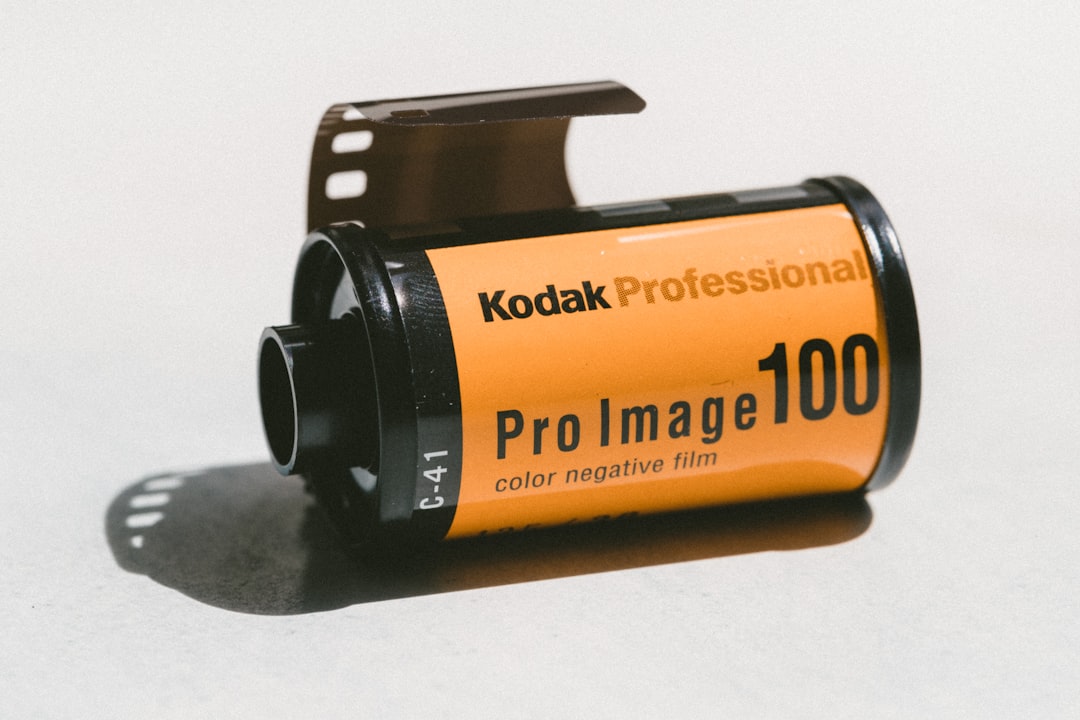In the ever-evolving landscape of cinema, artificial intelligence has emerged as a game-changer, revolutionizing the way films are made, from scriptwriting to post-production. As we stand on the brink of this technological transformation, it’s essential to explore how AI is not only enhancing the efficiency and cost-effectiveness of film production but also pushing the boundaries of creativity. This article delves into the pivotal roles AI is playing in the film industry and forecasts the potential future developments that could further alter the cinematic experience.
The Dawn of AI-Driven Scriptwriting
Artificial intelligence is making significant inroads into the creative process of scriptwriting. AI algorithms can analyze vast datasets of film scripts to generate storylines, character arcs, and even dialogues. This capability not only speeds up the scriptwriting process but also offers unique plot twists and story elements that might not be immediately apparent to human writers. Tools like OpenAI’s GPT-3 have been used to craft scripts that are then fine-tuned by human screenwriters, blending human creativity with AI efficiency to cater to diverse audiences.
Casting and Performance Enhancement
AI’s role in casting is burgeoning, where algorithms can help predict chemistry between actors based on past performances and audience reception. Moreover, AI is being used to enhance performances post-shooting. Through deepfake technology and machine learning, filmmakers can adjust emotional expressions of actors to better fit the scene or even correct lines without the need for costly reshoots. This not only saves time but also allows for a range of performance adjustments previously unimaginable.
Revolutionizing Cinematography and Visual Effects
AI-driven cameras can now automate certain aspects of cinematography, such as adjusting lighting and camera angles in real-time to capture the perfect shot. In the realm of visual effects, AI algorithms are used to create detailed, hyper-realistic scenes that would be challenging and time-consuming to generate manually. AI tools can also automate the rotoscoping process, where objects are separated from backgrounds, drastically reducing the manpower and hours needed.
Streamlined Editing and Post-Production
AI significantly streamlines the editing process. With machine learning, AI can quickly sift through hours of footage to identify the best takes, suggest edits, and even assemble rough cuts. This not only accelerates the workflow but also helps editors focus on the more creative aspects of film editing. Additionally, AI-driven sound editing tools can automatically sync dialogues and sound effects, reducing the complexities involved in post-production.
Personalization of Viewer Experience
Perhaps one of the most intriguing applications of AI in cinema is in personalizing viewer experience. AI algorithms can analyze viewer preferences and behaviors to tailor movie trailers and marketing materials to individual tastes. Furthermore, in a futuristic scenario, films could potentially alter storylines in real-time based on viewer reactions, providing a highly personalized viewing experience that engages audiences on a new level.
In conclusion, as artificial intelligence continues to integrate into the film industry, it promises not only to enhance the technical aspects of film production but also to offer new creative tools that were previously unimaginable. While some may fear the implications of AI in creative industries, the collaboration between human ingenuity and artificial intelligence in filmmaking is poised to create a new era of cinema that resonates with both filmmakers and audiences alike.







